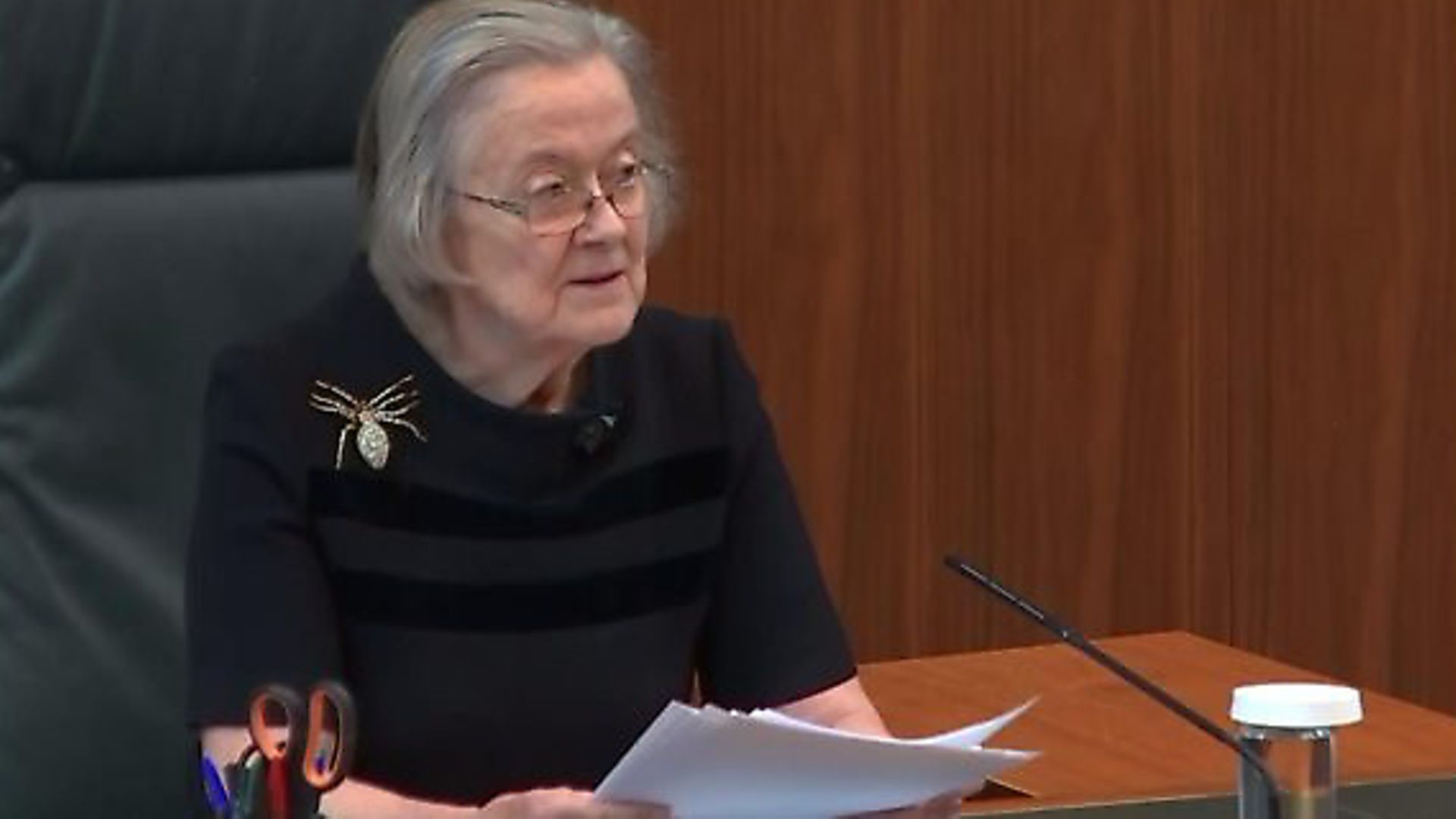
Attorney general Geoffrey Cox has suggested that MPs and peers could play a role in the appointment of judges to the Supreme Court.
Cox has insisted this was not a measure to bring politically appointed judges, but will follow Canadian-style appointments system whereby parliament interviews candidates.
The Tories pledged at the general election to examine the relationship between the government, Parliament and the courts, and vowed to set up a Constitution, Democracy & Rights Commission within a year to come up with proposals to restore trust in democracy.
Asked about the proposals at an event at the Institute for Government in central London, Cox said: “Let me make plain: we’ve no desire to see politically appointed judges – that is completely off the table.
“There is no question of politicians appointing judges. We have a good system now – the Judicial Appointments Commission – we’re not going to be talking about a party politically appointed set of judges.
“However, I think there is a case for looking at how Supreme Court judges are appointed.”
He restated his opposition to US-style hearings, but said: “I have to say that one of the things that is worth looking at, in my view, is how it’s done in Canada.
“In Canada now, for appointments to the Supreme Court, there is a committee of the Canadian parliament that will carry out interviews.
“In our country it could be a joint committee of the House of Lords and the House of Commons under clear guidance – there would be rules as to the questions that could be asked.
“But what it would lend, potentially, is transparency to a position which people have seen has enormous power.
“Now I’m not saying that that is something that I would support, but it’s something I think the Commission may need to look at.”
His suggestion appears at odds with comments made by justice secretary Robert Buckland who has said that he did not want to see a system of judges “being put in front of select committees and asked about their political past or views”.
The move follows a number of landmark cases in the Brexit battle where campaigner Gina Miller successfully challenged the government over then prime minister Theresa May’s right to trigger Article 50 without a vote in parliament.
In 2019 that Boris Johnson’s decision to suspend parliament before a Brexit deadline of October 31st was ruled unlawful by a series of judges including Baroness Hale.









